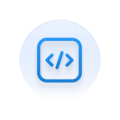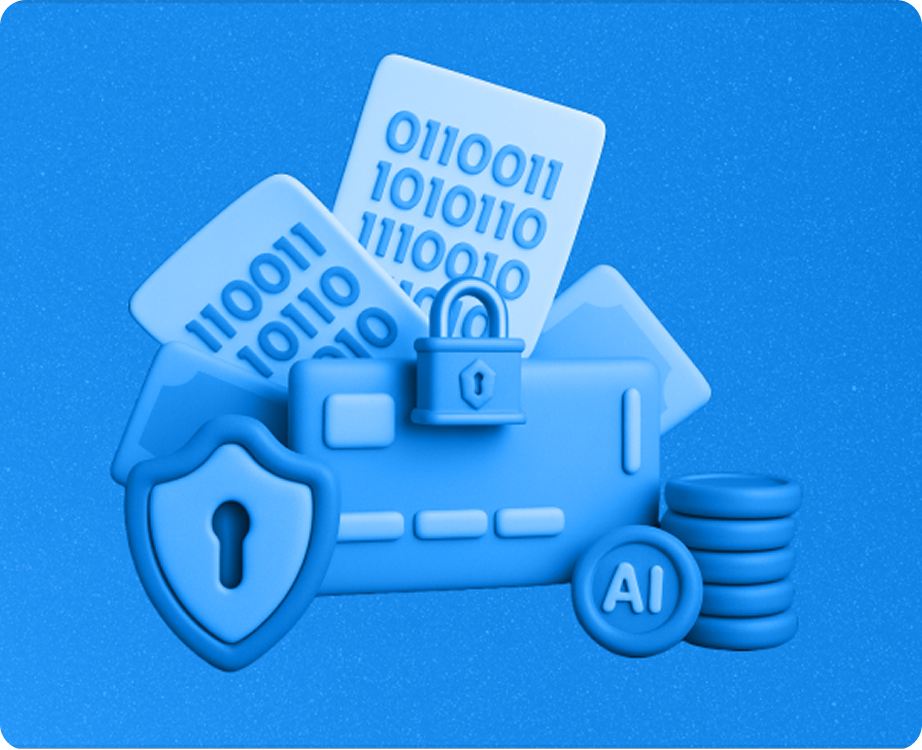Introduction
Stock market is a physical or digital marketplace where shares of publicly listed companies are traded, with the goal of making a profit out of the price changes. The price of a share is highly dynamic and is driven by a multitude of factors such as demand and supply, industry performance, investor sentiment and local and global economic, political and social conditions. This is probably why trading stocks is often touted as a high-risk-high-reward activity. Over the last two decades, digitalization has transformed the landscape of stock trading from floor trading with a manual recording of prices and orders via brokers and dealers, to online trading. With online trading, the stock market becomes easily accessible to all individuals. Opening a demat account can be accomplished completely online within no time and trading can be done in the comfort of your home without the need of a broker. This ease of stock trading also means that there are more and more DIY investors, who do not have a deep understanding of stock trends, entering the game. To them, technologies like artificial intelligence and machine learning are lifesavers, helping them cushion their experience in the stock trading arena. In this article, we will delve deep into the role of AI in the stock market and study its benefits and limitations.

AI and Stock Trading
Be it e-trading platforms or tools for trading analytics, technology forms the backbone of capital markets today. The global online trading platform market is projected to grow to 12.16 billion USD in 2028, with a CAGR of 5.1% during the forecast period (2021-2028), thanks to AI. While e-trading platforms make your stock market trading experience seamless and quick, with the time taken to execute a stock trade being reduced to a few nanoseconds, trading analysis tools play a significant role in enhancing the average investor’s intelligence. These tools leverage AI’s core capability of analyzing vast volumes of historical data from varied sources (financial, political, and economic data), to infer stock trends, patterns, investor sentiment and make share price predictions and provide market-related insights, all in real-time. Predictive analytics, machine learning, AI algorithms, and sentiment analysis are used to discover investment opportunities, build portfolios and automatically execute trades at optimal prices. AI also makes market forecasting more accurate and efficient, mitigating risks and facilitating better returns.

There are four types of stock trading that use artificial intelligence – quantitative trading, algorithmic trading, high-frequency trading, and automated trading. Quantitative trading uses quantitative modeling and analysis of the price and volume of stocks and trades to identify investment opportunities. Algorithmic trading, also known as black-box trading, uses a set of preset rules, derived from careful analysis of historical data, to execute trades at precise moments. High-frequency trading is algorithmic trading at scale, where a large number of orders are traded within seconds. A trading system that combines quantitative trading with automated algorithms based on historical data is called automated trading. There are several AI stock trading bots that are quite popular amongst DIY investors. These AI bots assist investors by providing insights and forecasts, suggesting exit and entry signals, recommending and executing stock trades with precision and dispatching alerts. Some examples include Trade Ideas, Signal Stack, Stock Hero, TrendSpider, and Scanz.
Benefits of AI Stock Trading
Artificial intelligence has several far-reaching benefits in the stock market industry. Some of these include:
Accurate and fast stock research
With AI, one can correlate and analyze vast volumes of data from disparate sources and draw meaningful conclusions. AI stock trading combines analysis from financial reports, industry and market trends, historical stock price and volume data, economic conditions and more, to discover lucrative investment opportunities. ML and DL models are used to study stock data, while NLP techniques are used to perform sentiment analysis on articles and reports. These algorithms that perform quantitative modeling, qualitative sentiment analysis and predictive analytics are employed to make accurate, data-driven decisions, quickly and automatically. AI trading systems are automated and hence have a reduced risk of human error. With stock research becoming faster and more automated, the number of people entering the stock trading game has increased manifold. According to Business Standard, the number of demat accounts has risen by 34% in 2022.
Real-time risk mitigation with no emotional bias
"Risk comes from not knowing what you’re doing.” – Warren Buffett.
Through predictive analytics and forecasting, AI trading systems can identify potential risks in advance and help mitigate them. AI trading operates in real-time and hence can also respond better to fluctuating market conditions.
Emotional investing is a big enemy for many retail investors, whose investment decisions are based on emotions such as fear, greed, or peer pressure rather than facts and analysis. AI-based stock trading relies only on data, algorithms, and logic and completely avoids emotional bias in decision-making, thereby avoiding impulsive decisions that may impact profitability.
Increased speed and cost-effectiveness
Trading speeds are now real-time thanks to AI and digitalization. Communication with brokers is no longer a barrier, with automated trading, where stock trades are executed within fractions of a second. AI also helps automate repetitive tasks, making third-party operators such as brokers, dealers, and analysts redundant, thereby saving costs.
Better predictive analytics and forecasting
Artificial intelligence, well known for its pattern recognition and predictive analytics, is much better at forecasting stock trends and market behaviors. AI can process varied information from different sources and infer trends and sentiments, with accuracy and speed. AI software can create intuitive and illustrative charts and reports to present its findings and update these in real-time.
Can AI beat the stock market?
Now, comes the most interesting question. Can artificial intelligence beat the stock market and consistently outperform human traders? If this were true, then stock markets would mean free money for all! Stock markets are one of the most complex and dynamic environments. Collective decision-making that involves both humans and machines and algorithms is required to make meaningful decisions, especially when impacted by black swan events, such as the pandemic or the war in Ukraine, for instance. Sometimes, algorithms and machines can even indirectly lead to black swan events.

Many financial researchers are working on answering the question of whether AI can beat the stock market over time, quantitatively. There are several articles, whitepapers, and technical papers on this subject. While the opinions are mixed, one clear idea that emerges is that AI can be a “co-pilot” making an investor’s journey smoother, efficient, and more prudent. AI isn’t perfect. The human in the loop cannot be eliminated. But AI can make his or her work easier and more effective. Having come a long way from fraud detection to stock market prediction, artificial intelligence is here to stay and it is up to us to leverage it wisely, to stay ahead of the investing curve.


.png)

.png)

.png)
.png)
.png)



%201.png)

%201.png)

